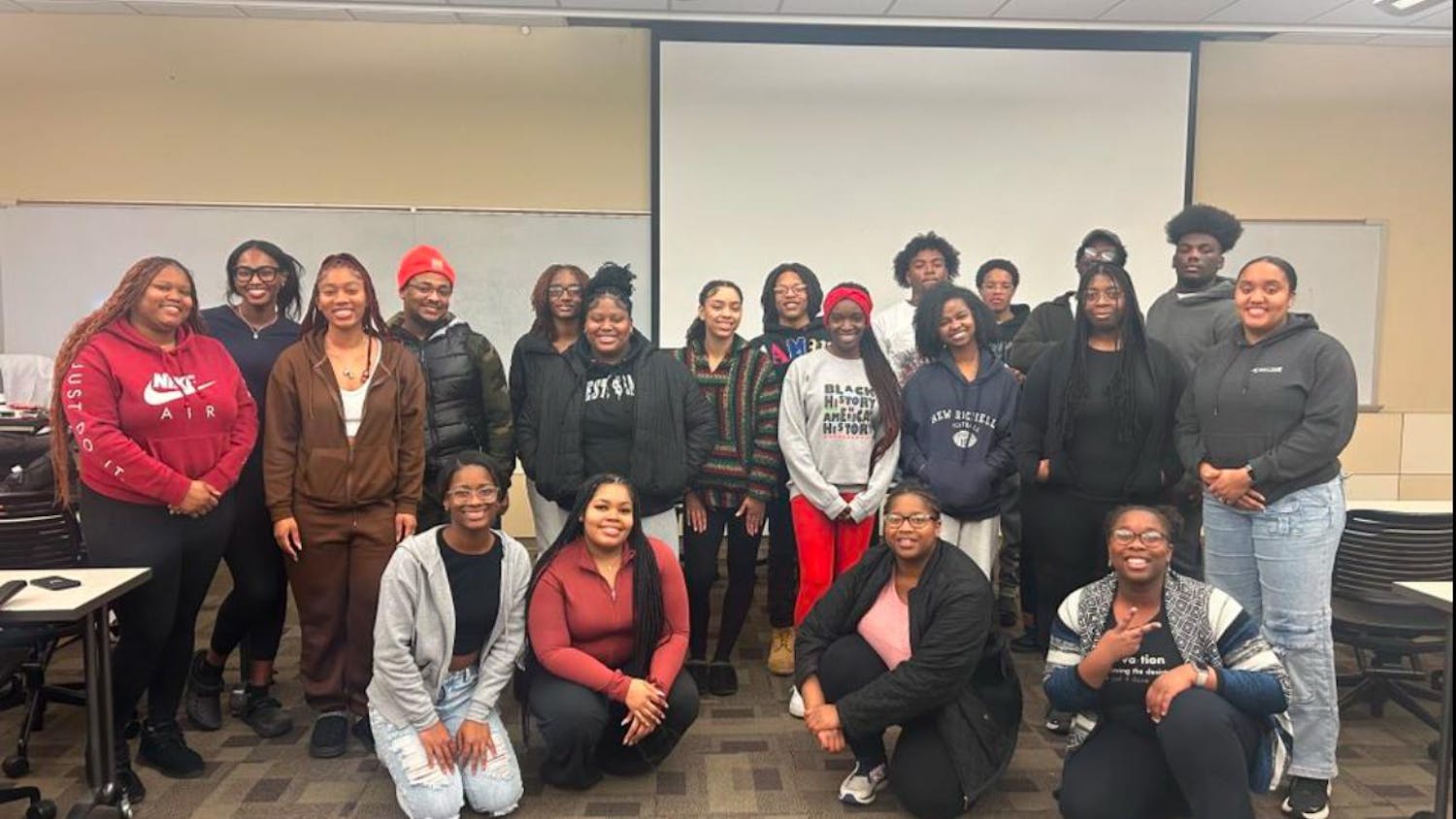The recent vote from the FCC (Federal Communications Commission) to repeal Net Neutrality has brought the government agency to the forefront of political discussion. What some might not realize is how the FCC has voted to change the rules regarding media ownership, which is independent of its decision on Net Neutrality.
The FCC consists of five commissioners who are appointed by the president. The rules allow for no more than three members of the same political party. Usually, the party affiliation of the commissioners depends on the party that the standing president belongs to, according to Dave Baxter, senior lecturer of communication at Wright State.
In April, The FCC voted to reinstitute the UHF (Ultra High Frequency) discount rule, which was abolished under the Obama administration. First adopted in 1985, the rule allowed media companies to only count half of a UHF station’s market population toward the company’s ownership cap. This was done “as an incentive for companies to buy UHF TV stations,” said Baxter.
The FCC is also considering raising the national population cap on TV ownership, according to Baxter. The current cap as established by Congress in 2003, is 39 percent.
The cross-ownership rule is also about to be reviewed. The rule disallowed any new combinations of TV and newspaper ownership allowed in any one market, starting in 1975 onward. The combinations that already existed were kept in place.
The FCC may also revisit the duopoly rule as well, which places limitations on a company’s ability to own more than one TV station in any one market. It ensures that eight separate ‘TV voices,’ or owners, remain in a market and prevents a single company from owning two of the four top-rated stations. If reviewed, the requirements on ownership of two major stations would likely be lifted, according to Baxter.
These kinds of changes would ease the limitations on local media ownership, allow single owners to control multiple stations.
“All of this is in flux right now,” said Baxter. Although the FCC is an administrative agency, “any policy that they come up with is subject to judicial review,” he said.













